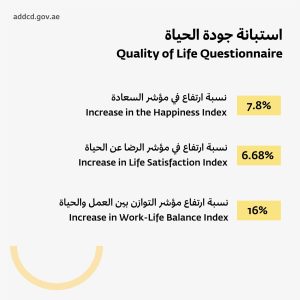The US Embassy in Abu Dhabi and the US Consulate General in Dubai have suspended operations until further notice due to escalating regional tensions.
According to an official update, the US Department of State ordered non-emergency US government employees to depart the UAE on March 3 due to the heightened threat of armed conflict.
No walk-in or visa services
For the large American community living and working in the UAE, the closures mean:
- No in-person consular services
- No visa services for foreign nationals
- No passport collections until security conditions improve
The mission confirmed that passport services for Americans without valid US passports will resume once it is safe to do so. Foreign passports currently held by the mission will also be returned when conditions permit.
Residents have been urged not to approach embassy or consulate premises for any reason at this time.
Why this matters for expat community
The UAE is home to tens of thousands of American citizens, alongside millions of expatriates from around the world. The temporary closure of US diplomatic missions may affect:
- Visa applicants in Dubai and Abu Dhabi
- Americans renewing passports
- Families with pending consular appointments
- Residents awaiting document collection
Americans urged to depart
Earlier advisories encouraged US citizens planning to leave the UAE to do so via:
- Commercial flights
- Land borders with Oman and Saudi Arabia, which remain open
Those unable or choosing not to leave have been advised to shelter in place and take safety precautions.
The State Department has also urged Americans in multiple Middle East countries affected by the ongoing conflict to depart immediately due to “serious safety risks.”
Safety instructions for US citizens
Residents are being advised to:
- Contact airlines immediately to check flight availability
- Keep mobile phones fully charged
- Pre-programme emergency numbers (999 police, 998 ambulance, 997 fire)
- Keep travel documents accessible
- Shelter in place during alerts
- Avoid windows and exterior walls
- Stay away from military or government sites
Americans seeking assistance must complete the official Crisis Intake Form and should not submit it multiple times.
Emergency contact details
US Embassy Abu Dhabi
Tel: +971 2 414 2200
Email: ACSAbuDhabi@state.gov
US Consulate General Dubai
Tel: +971 4 309 4000
Email: DubaiACS@state.gov
For emergency services in the UAE, dial 999.
Local airlines, travel operators, and border crossings may also experience increased traffic as some residents consider departure options.
Authorities say further updates will be shared as the situation develops.

























